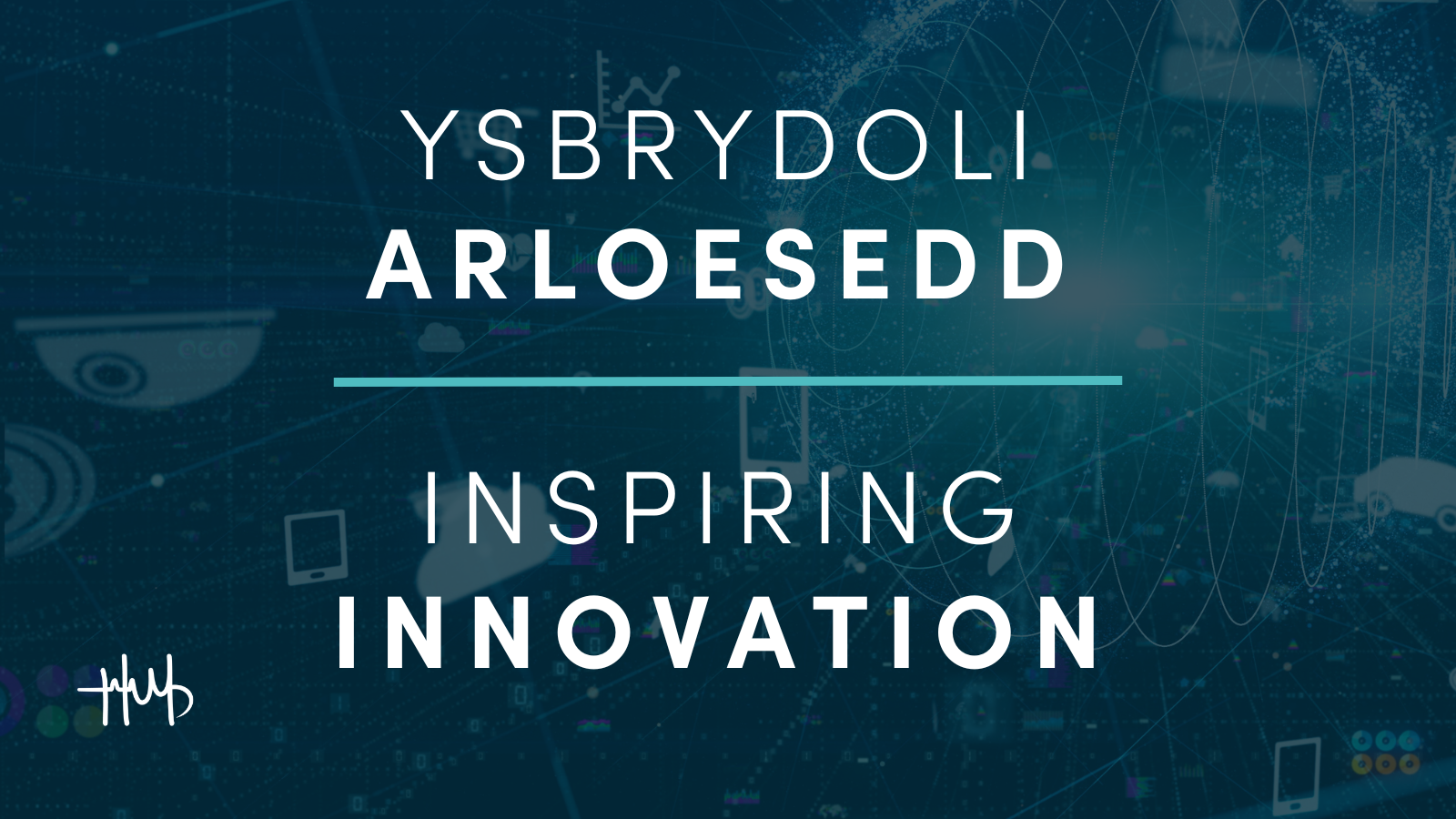Inspiring Innovation is our round-up of news from a thriving innovation landscape collated by our Sector Intelligence team, now with a focus on news and updates relating to our priority area, cancer. Fuelling our ambitions to elevate Wales as a place of choice for health and social care innovation and investment.

In this edition, read about heart failure algorithms to remotely monitor people at risk of developing heart failure, a new iPhone-linked endoscope to detect throat cancer and an app that aims to transform smartphones into AI-driven digital stethoscopes.
NICE recommends use of two heart failure algorithms for remotely monitoring people with cardiac implantable electronic devices
The National Institute for Health and Care Excellence (NICE) has recommended that HeartLogic and Triage HF be used for algorithm-based remote monitoring in people with cardiac implantable electronic devices (CIEDs) who have previously had, or are at risk of heart failure. Algorithms can be used to analyse data collected by sensors within these CIEDs to detect the early signs of worsening heart failure and send an alert to a healthcare professional.
Anastasia Chalkidou, programme director of the HealthTech directorate at NICE said:
“Being able to remotely monitor someone with heart failure and detecting whether their symptoms are worsening in real time could be the difference between life or death.”
NHS England pilot new iPhone-linked endoscope to detect throat cancer
NHS Trusts in England are piloting an iPhone-linked endoscope that can be used to detect cancer, improving the efficiency of head and neck cancer diagnostic pathways.
Endoscopy is used to diagnose throat cancers but is often limited to the secondary care setting due to expense, complexity and requirement for an in-person appointment with a consultant. This device shares a live feed of the endoscopy to a consultant who can remotely review the scope and generate a patient report. This solution could decrease patient waiting times and ensure that high-risk patients are prioritised for appointments with a consultant.
Karin Smyth, Minister of State for Secondary Care said:
“This new technology is a shining example of how innovation and research can tackle waiting lists, improve patient experience and speed up diagnosis. By catching cancer earlier and treating it faster, we can ensure more people survive this horrible disease”.
Cardiff-based medical device company Laennec AI secures £375k preseed funding
Laennec AI are developing an app that aims to transform smartphones into an AI-driven digital stethoscopes for the management of asthma and other chronic respiratory conditions, using the built-in microphone to analyse a patient’s breathing. This has the potential to facilitate telemedicine and remote monitoring of patients with chronic respiratory conditions.
As well as several public grants, the company have secured £375,000 in pre-seed funding.
Rebecca Evans, Welsh Government Cabinet Secretary for Economy, Energy and Planning said:
"The work of Laennec AI Limited aligns with our vision to create and nurture a vibrant innovation culture, improving standards and services, including in healthcare. I’m pleased we’ve been able to support this cutting-edge project via our SMART Flexible Innovation Support programme."
Cancer focussed innovator?
If you're an innovator focused on addressing cancer and wish to develop your innovation or programme in Wales, we want to hear from you. Please submit your enquiry here today, providing as much detail as possible, and a member of our team will get in touch with you.




